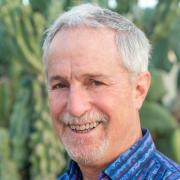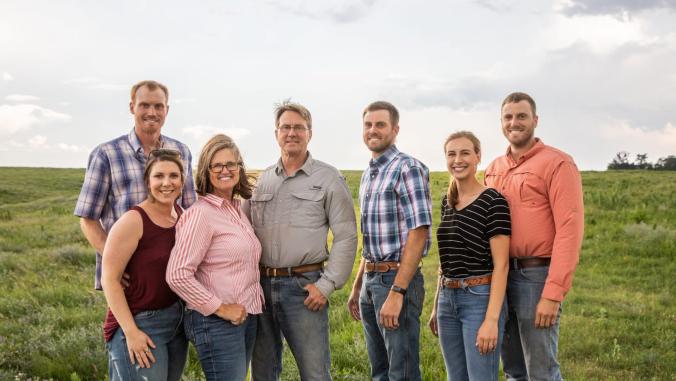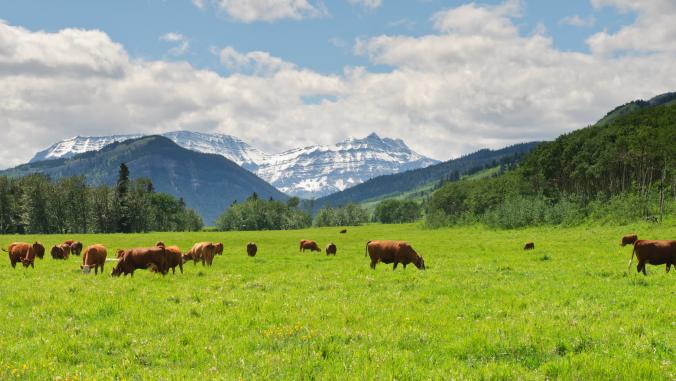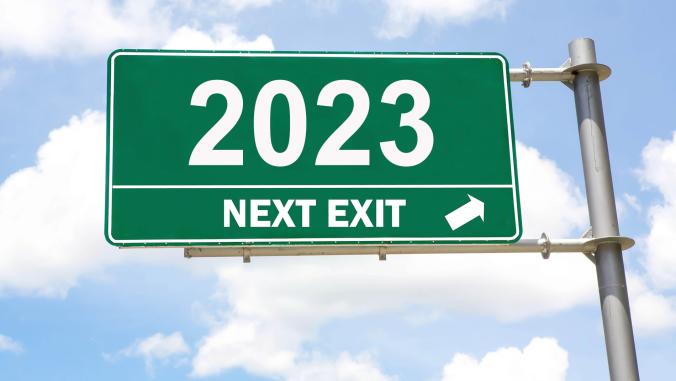Reprinted from GreenBuzz, a free weekly newsletter. Subscribe here.
Last week at VERGE 22, I had the pleasure of hosting two plenary conversations that featured remarkable young women who left me, and everyone, both inspired and challenged. Individually and together, the conversations underscored the need for companies to seek out and listen — really, truly listen — to younger voices. And to be ready to respond — substantively, humbly and with a bias toward action.
One takeaway: When engaging with today’s youth, be ready to be uncomfortable.
"One of the first things I noticed when starting to work with companies was this politics of professionalism, where it felt like youth had to show up to the table and communicate in the same way," 17-year-old climate activist Alexandria Villaseñor, founder of Earth Uprising, told me in a conversation on VERGE’s opening day.

Alexandria Villaseñor
"And it kind of took away from what we were really pushing for. I think that it's important for businesses, when working with youth, to realize the differences in the ways that we organize. We're talking of the bold actions we need to do for our planet. And sometimes, businesses come in and talk about what they only think they can do. So, it's important to first understand that relationship."
To her point, companies may be too quick to ply youth activists with a litany of corporate commitments and achievements — understandably boastful, perhaps, but likely tone-deaf to a generation that may have bigger fish to fry.
Case in point: "We have to start by asking ourselves who is currently in power in business and policy, and who benefits from the system staying the same," Clover Hogan, climate activist and founding executive director of Force of Nature, which works to help young people "turn eco-anxiety into action," said in another VERGE session.

Clover Hogan
"And the reality is, right now it's older people," the 23-year-old added. "Young people — this generation, who are going to inherit the worst impacts of the climate crisis — are being excluded from the decisions that are governing our future. We need to start by challenging that historic power imbalance. And we need to understand that we are not going to solve this crisis with the same people and the same thinking that created it."
People power
Villaseñor and Hogan are but two voices of Gen Z, the generation born between 1997 and 2012, but they represent millions of their peers who seek to grasp the wheel of a world they perceive to be hurtling off a cliff. And while only a relative handful of these individuals have yet entered the work world, they already are looking to have an outsized impact on how companies operate.
"We need to demand nothing short of system change," Hogan said. "And we need to do so knowing that power does not want to disrupt itself. The people, including the fossil-fuel industry, who continue to profit off this deeply broken system, are not going to bring that change upon themselves. That's where people power — coming together, galvanizing action in our communities, inside and outside of the system — is so important to push for that change."
Hogan took aim at the thousands of corporate executives, policymakers, innovators and others attending VERGE, a conference focused on the technologies that can help tackle the climate crisis.
"It's really easy to be convinced that techno-utopianism will save us from the climate crisis," she said. "Or worse yet, that the climate crisis is just one giant business opportunity, or the belief that we can geoengineer ourselves out of this mess rather than going to the heart of the crisis. We have a society today that is predicated on limitless growth with finite resources, and promoting values like competition and consumption over connection and community."
"Critically," she said, "what we need is a cultural shift."
I pressed Hogan on what that means. "Young people are hyperaware that the climate crisis is a crisis of justice, of human rights," she responded. "And that's why it has to be a human conversation. We have to, in every conversation, particularly when we're allowing technology to enter into the equation, talk about the importance of building fair and equitable communities."
We need to demand nothing short of system change. And we need to do so knowing that power does not want to disrupt itself.
"And with that also comes a really compelling invitation," she continued. Some of the most powerful solutions for solving the climate crisis "include regenerating nature, include education for girls, include empowering women and ensuring women have their reproductive rights safeguarded. People have to be at the center of everything we talk about. And the great thing about this generation who have inherited the climate crisis is that we have a capacity to see outside of the incumbent system and to imagine a world that is radically different."
Which comes back to companies listening, really listening, to youth voices and not making it a one-and-done affair. And opening up a dialogue on some of the larger and more complex issues not typically addressed in the boardroom or C-suite. I imagine both parties would learn a lot.
It’s also important what happens after the conversation ends, Villaseñor said. "It doesn't just end after that: Thank you so much for what you're doing. You give me hope for the future. The conversation needs to continue."
She concluded with what felt like wisdom beyond her years: "I don't want you to listen to a conversation like this and feel hopeful and uplifted," she said, somewhat counterintuitively. "I want you to go away thinking about how we can constantly do more."
Props to Patrick Flynn, global head of sustainability at Salesforce, and author and happiness activist Mo Gawdat, the two elders who held down their side of the conversations with Villaseñor and Hogan, respectively, on stage. They, too, had important things to say, but this column wasn’t about them.
But props mostly to these two courageous women, and the millions they represent around the globe, for speaking truth to the business community. And for pushing all of us to dig deeper, and more systemically, than most of us are ready, willing and able to do.
Thanks for reading. You can find my past articles here. Also, I invite you to follow me on Twitter and LinkedIn, subscribe to my Monday morning newsletter, GreenBuzz, from which this was reprinted, and listen to GreenBiz 350, my weekly podcast, co-hosted with Heather Clancy.






